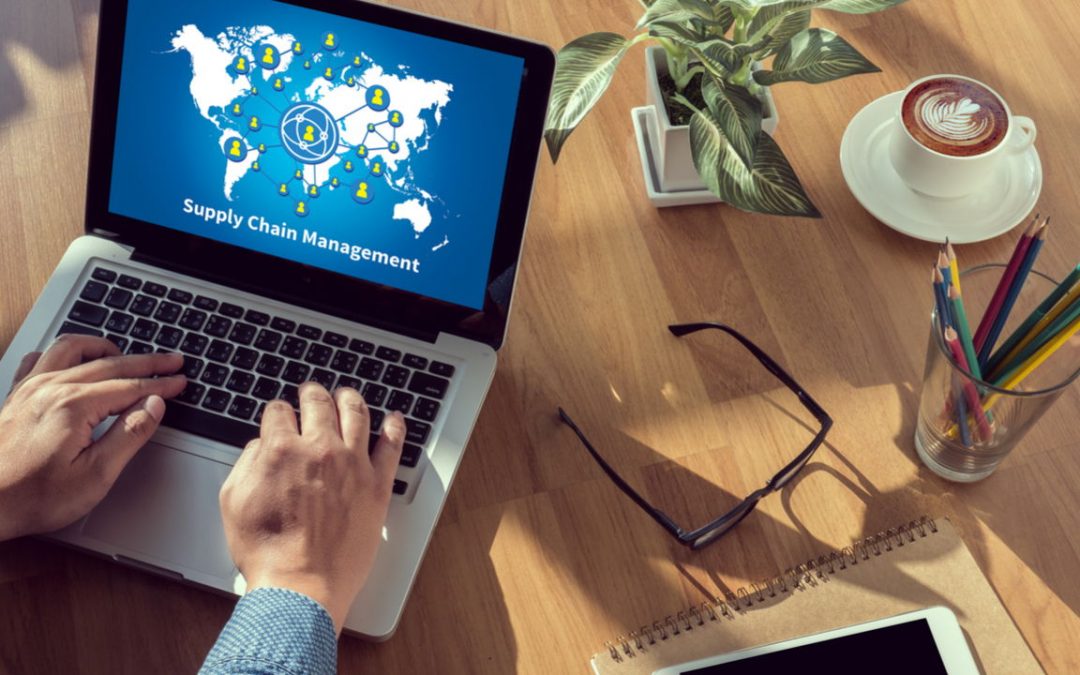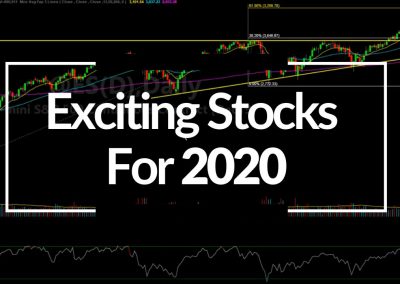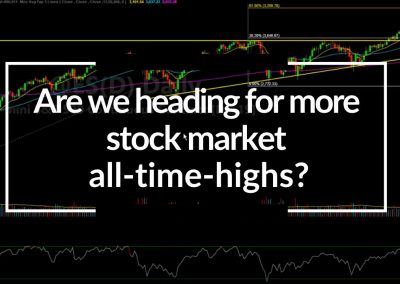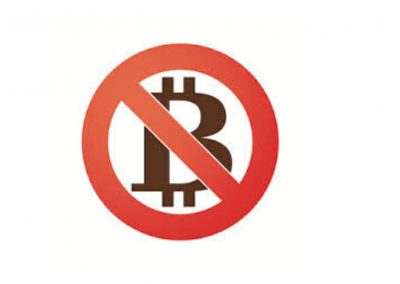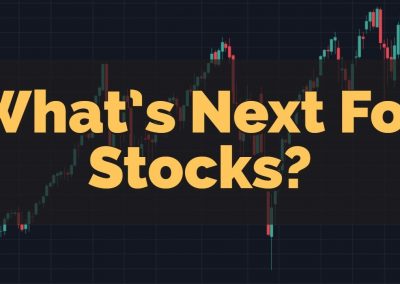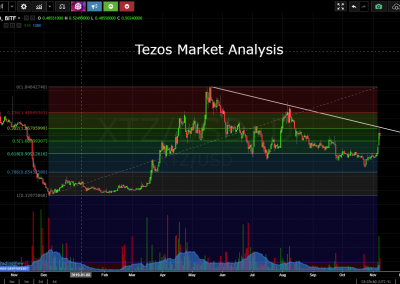In an age where technology is rapidly being adapted to support every aspect of our lives, it shouldn’t be surprising that blockchain aims to revolutionize supply chain management. The way we move goods across the world to engage in trade on a global level is a complex system with many moving parts. It’s time for blockchain to guide supply chain management into the 21st century.
Does the Supply Chain Need Blockchain?
Current supply chain systems are dated. Technology like RFID has existed for a while along with other methods of tracking and recording data. But not much has been done to connect these various streams of information. Most of them remain siloed, painstakingly pulled and monitored by each group that verifies a shipment along the way. The use of blockchain technology will revolutionize supply chain management by connecting all these various data.
What Are the Benefits of Blockchain Backed Supply Chains?
Supply chains are in dire need of being modernized. From security to cost-effective practices, here are a few of the ways blockchain technology can support supply chain management.
Improved Security
Currently, siloed systems store and transfer information. This makes the sharing of information a clunky and easy target for hackers. Shutting down supply chain services is much easier when there is one point of failure. Blockchain technology prevents this. Because a blockchain requires verification through network consensus, any attempts by hackers to shut down or disrupt services would be stopped through consensus mechanisms.
Authentication of Goods
One vital component of using blockchain to support the supply chain is the ability to verify the authenticity of a product. Fraud and counterfeit goods cost billions each year and hurt the consumer and the economy. A company that uses the blockchain to support would see goods created and then tagged with an RFID. Scanning the RFID would verify whether or not a product was authentic. From port to port, store to store, and distributor to the customer, anyone can quickly scan and verify the authenticity of the product along the way.
Easier Traceability of Goods
If you’ve ever tried to track the delivery of a package, you know that it can be problematic. When blockchain backs a supply chain, users who have access to the ledger can easily see where specific goods are currently. They can also go back and track where those goods originated and where they stopped along the way without the extra paperwork or processing times that accompany such requests today.
Automated Processes
Many of the processes that are required to move goods through ports are tedious and require direct human verification. Blockchain technology would eliminate these extra steps, speeding up the process. Goods would be able to move through ports faster because the RFIDs in each product would continuously monitor and update a specific good’s movement. When the goods arrived at a port, verification of this information occurs seamlessly. And there would be no need to double check documentation as the blockchain is immutable and transparent.
Verified Trade Practices
While many companies may argue that their products are fair trade, how do you know they follow through on all of the requirements? Companies like Coca-Cola are using the blockchain to monitor the working conditions of employees employed by various companies around the world to ensure that people aren’t harmed in the production of their products. Those who buy fair trade coffees and chocolates, clothing made in developing countries, and other various goods can benefit from this verification as well.
Safe Foods
Blockchain technology can help make sure foods are safe to eat. Thermometers connected to applications on the blockchain can monitor certain foods that need to remain at specific temperatures. Smart contracts ensure that only goods kept within specified temperature guidelines would be distributed to markets. This helps ensure that food isn’t spoiled during the delivery process.
Cost Reduction
Blockchain technology reduces the number of people needed to verify and secure goods. This speeds up transit of goods and reduces labor costs and overhead costs.
What Are some Promising Supply Chain Platforms on the Blockchain?
There are many startups and major corporations competing to use blockchain to support and develop the supply chain for the global, modern economy.
- Waltonchain: Waltonchain combines existing technologies like RFIDs with the blockchain to track goods. The RFID contains the information about the products history and its authenticity. The blockchain then verifies and stores this information. It also uses subchains to help with scalability. This added benefit means that businesses can adapt their blockchain to their needs.
- VeChain: Vechain integrates data from shipping technologies like RFIDs and NFC chips into the blockchain to help facilitate the smooth transfer of goods. This is a highly regulated blockchain used to ensure the products delivered with its technology are in full compliance with local laws.
- Modum: Modum works to help pharmaceutical companies stay within EU regulations for the delivery of medicines. The regulations require that medications remain stored at safe temperatures. Devices that monitor the temperatures of products in transit communicate that information to all parties involved during distribution.The blockchain stores and verifies the data while making sure the medicine complies with EU regulations.
What Obstacles Are in the Way of Using Blockchain in Supply Chains?
A few barriers are preventing the full-on, mass adoption of blockchain to support supply chain management.
- Not Necessary for All Businesses: One obstacle facing supply chain management systems backed by blockchain is whether or not a company needs them. For major companies like Walmart that move a tremendous amount of goods between parties, the use of blockchain backed systems can help trim costs. It can also speed up delivery. However, smaller businesses are hesitant about investing because they do not feel it will benefit them.
- New Technology: Another main obstacle preventing the adoption of this technology is a lack of use cases. Blockchain technology is still very new. Many large companies are holding off until they see the benefits from the adaption of the tech in the significant corporations adapting them.
- Legal Concerns: Legal issues could also arise that would complicate the use of blockchain in supply chain management. Current international regulations create many of the time-consuming obstacles that require paperwork and third-party oversight when transporting goods. The future is still unclear on how governments would implement monitoring this advanced system.
The Supply Chain of the Future
Blockchain technology will revolutionize supply chain management. Its ability to enhance efficiency, to increase savings, and to authenticate goods makes it a must for any global business.
